Protect Your Home with Expert Mold Inspection Services
Mold growth in your home or business can be a serious concern, potentially leading to health issues and property damage. Understanding the risks associated with mold and taking proactive steps for early detection is crucial. Our comprehensive mold inspection services are designed to provide you with the peace of mind you deserve.
Why Choose Professional Mold Inspection?
While some mold issues are easily visible, others can remain hidden behind walls, under flooring, or in ventilation systems. A professional mold inspection goes beyond surface-level checks to identify potential mold problems, assess the extent of the contamination, and recommend appropriate solutions. Here’s why a professional assessment is invaluable:
- Hidden Mold Detection: Our experienced inspectors use specialized equipment to detect moisture and mold growth in concealed areas.
- Accurate Identification: We can identify the specific types of mold present in your property, which is essential for determining the potential health risks.
- Comprehensive Assessment: A thorough mold inspection includes a detailed evaluation of the conditions contributing to mold growth, such as water leaks and poor ventilation.
- Prevention Strategies: Our experts provide recommendations for preventing future mold problems and maintaining a healthy indoor environment.
Our Mold Inspection Process
Our mold inspection process is thorough and methodical, ensuring that no potential issues are overlooked. We follow a proven approach to deliver accurate and reliable results:
- Initial Consultation: We discuss your concerns and gather information about your property to tailor the mold inspection to your specific needs.
- Visual Inspection: Our certified inspectors conduct a comprehensive visual examination of your property, looking for signs of mold growth and water damage.
- Moisture Mapping: We use moisture meters and thermal imaging cameras to identify areas with elevated moisture levels that could support mold growth.
- Air and Surface Sampling: If necessary, we collect air and surface samples to determine the type and concentration of mold spores present. These samples are analyzed by an accredited laboratory.
- Detailed Report: We provide you with a comprehensive report outlining our findings, including the location and extent of any mold contamination, the types of mold identified, and our recommendations for remediation.
The Importance of Timely Mold Inspection
Addressing mold issues promptly is critical for protecting your health and preserving the value of your property. Mold can spread rapidly and cause significant damage if left unchecked. Early detection through a professional mold inspection can help you avoid costly remediation and health problems. If you notice any of the following signs, it’s important to schedule an inspection as soon as possible:
- Visible mold growth
- Musty odors
- Water stains or leaks
- High humidity levels
- Allergic reactions or respiratory symptoms
Don’t wait until mold becomes a major problem. Contact us today to schedule your mold inspection and take the first step towards a healthier and safer environment.
Our Miami Mold Services
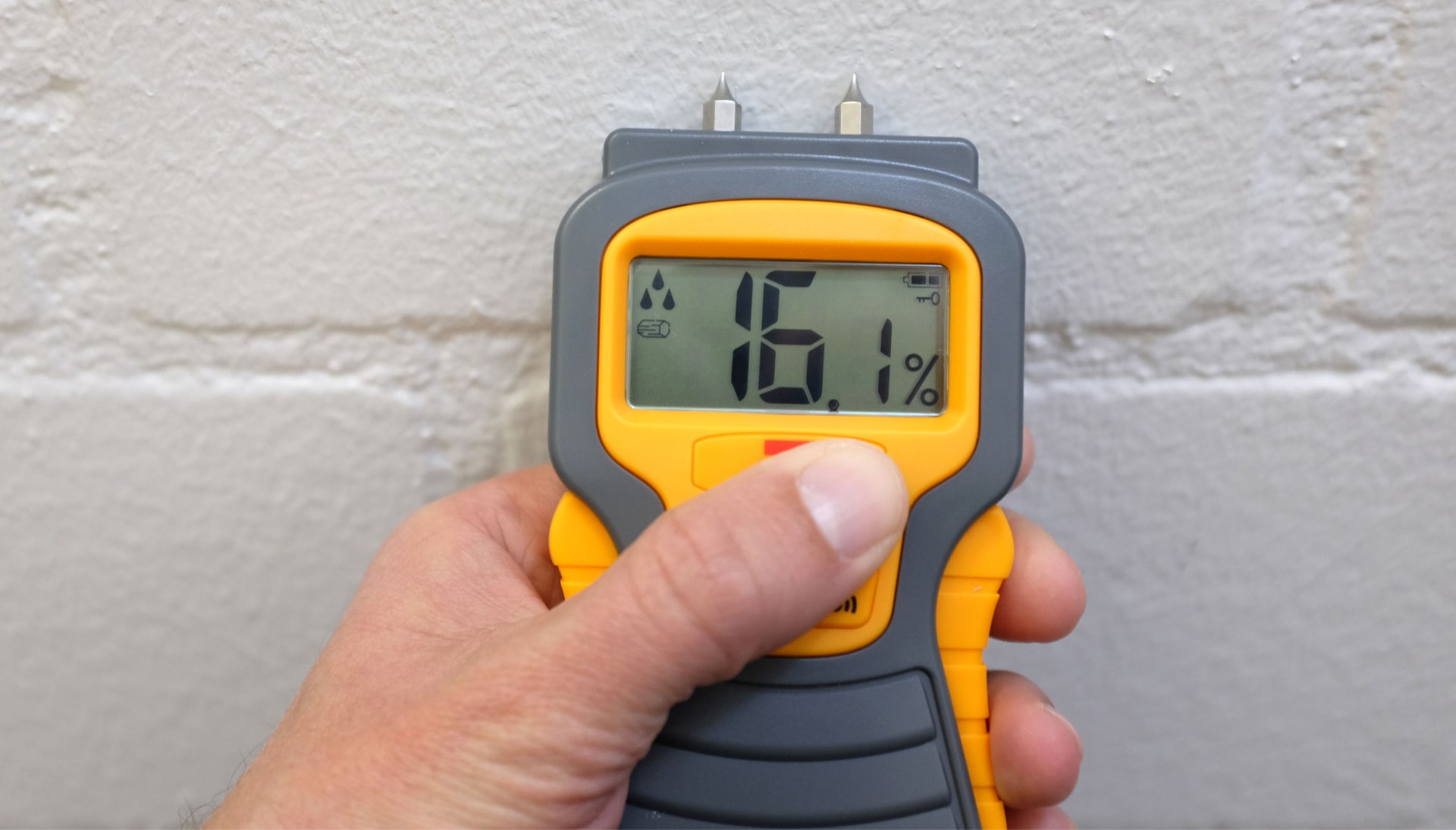
Mold Testing in Miami
We offer no-obligation testing to see if your home or building is infected with mold. Call us or complete our contact form today for your no-risk quote!
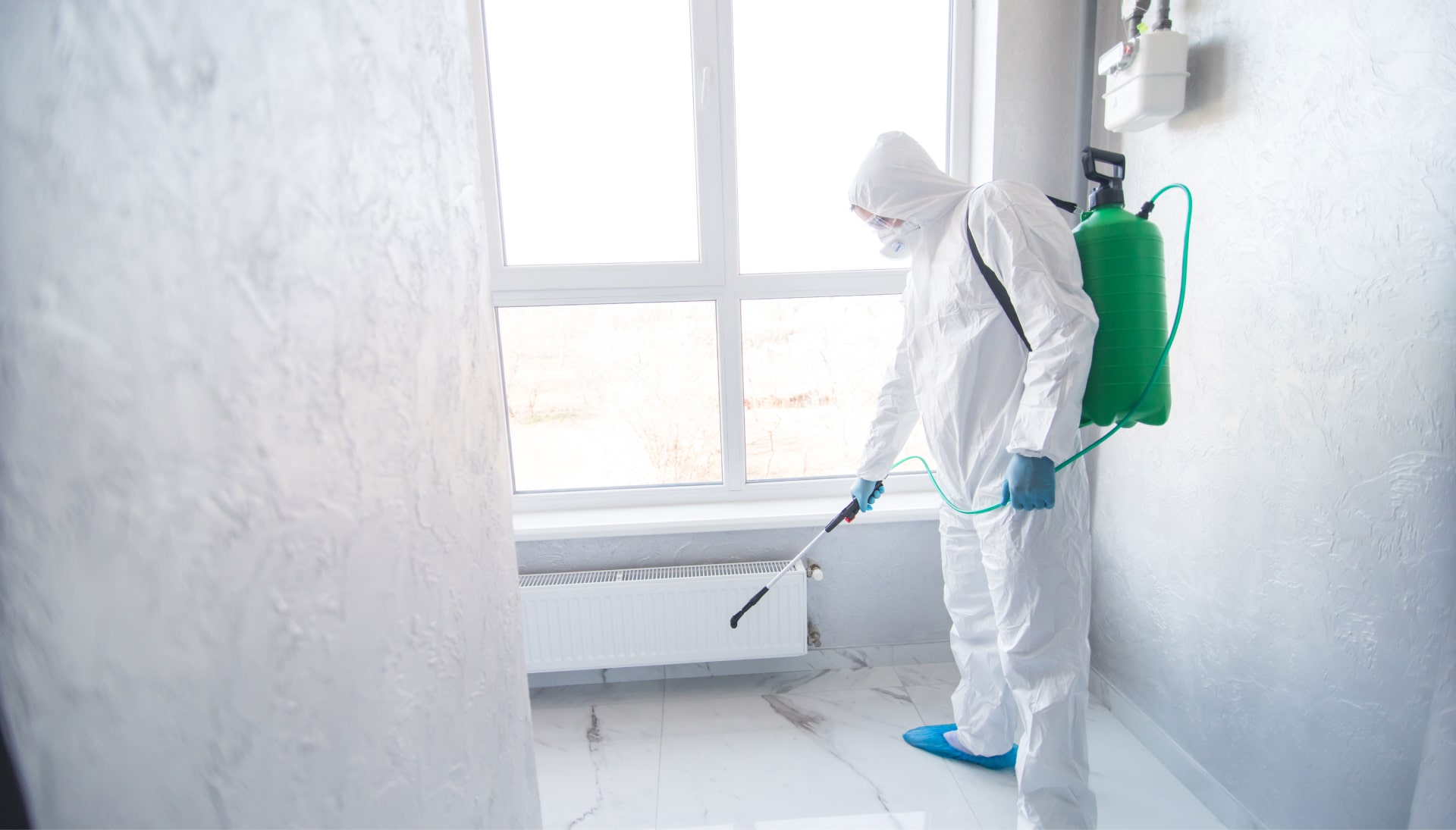
Mold Inspections
During the mold inspection, we inspect your entire Miami property and look for signs of mold growth.
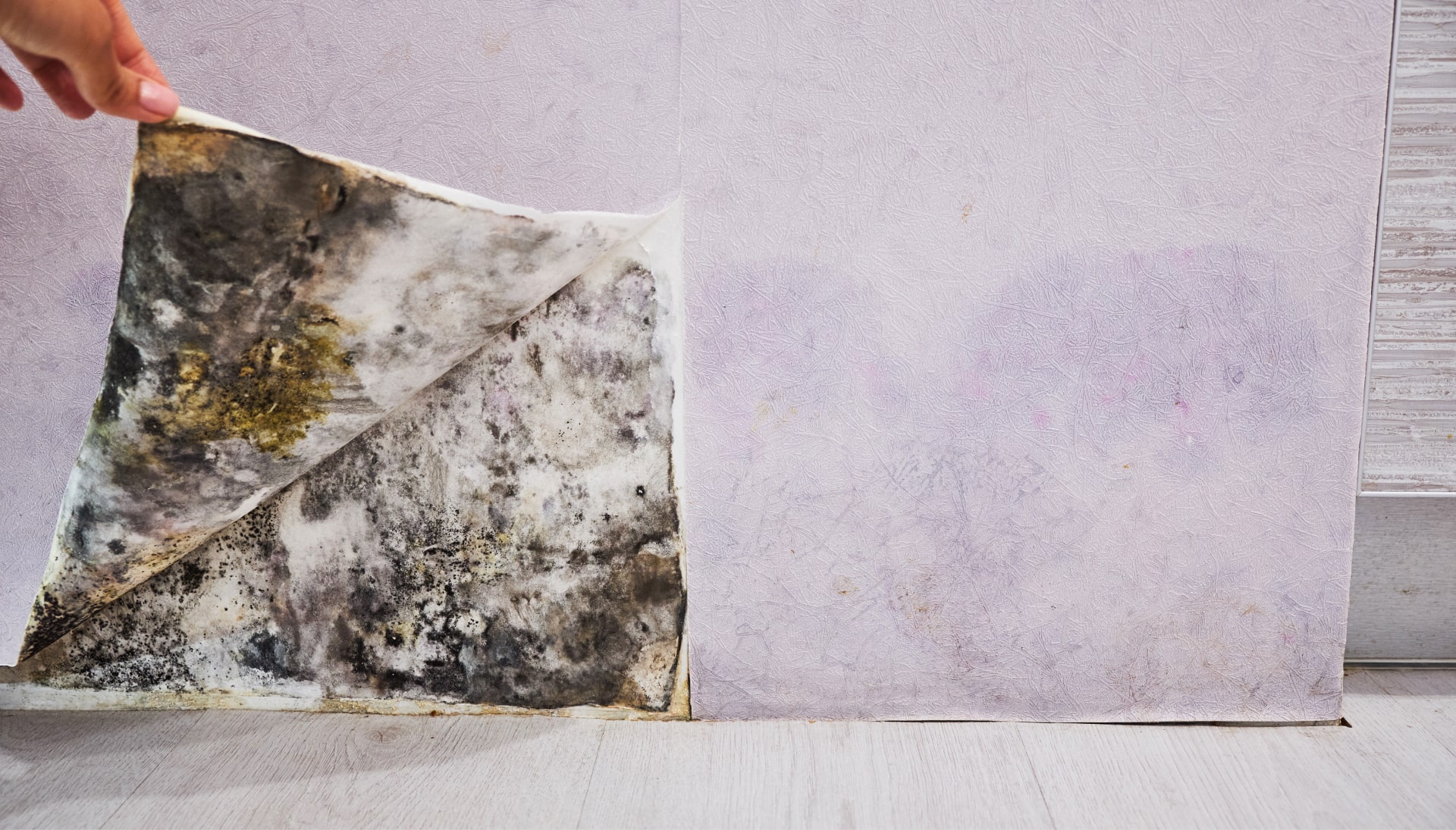
Mold Removal and Remediation
It’s crucial for you to entrust a professional Miami, Florida mold company for the mold removal job.
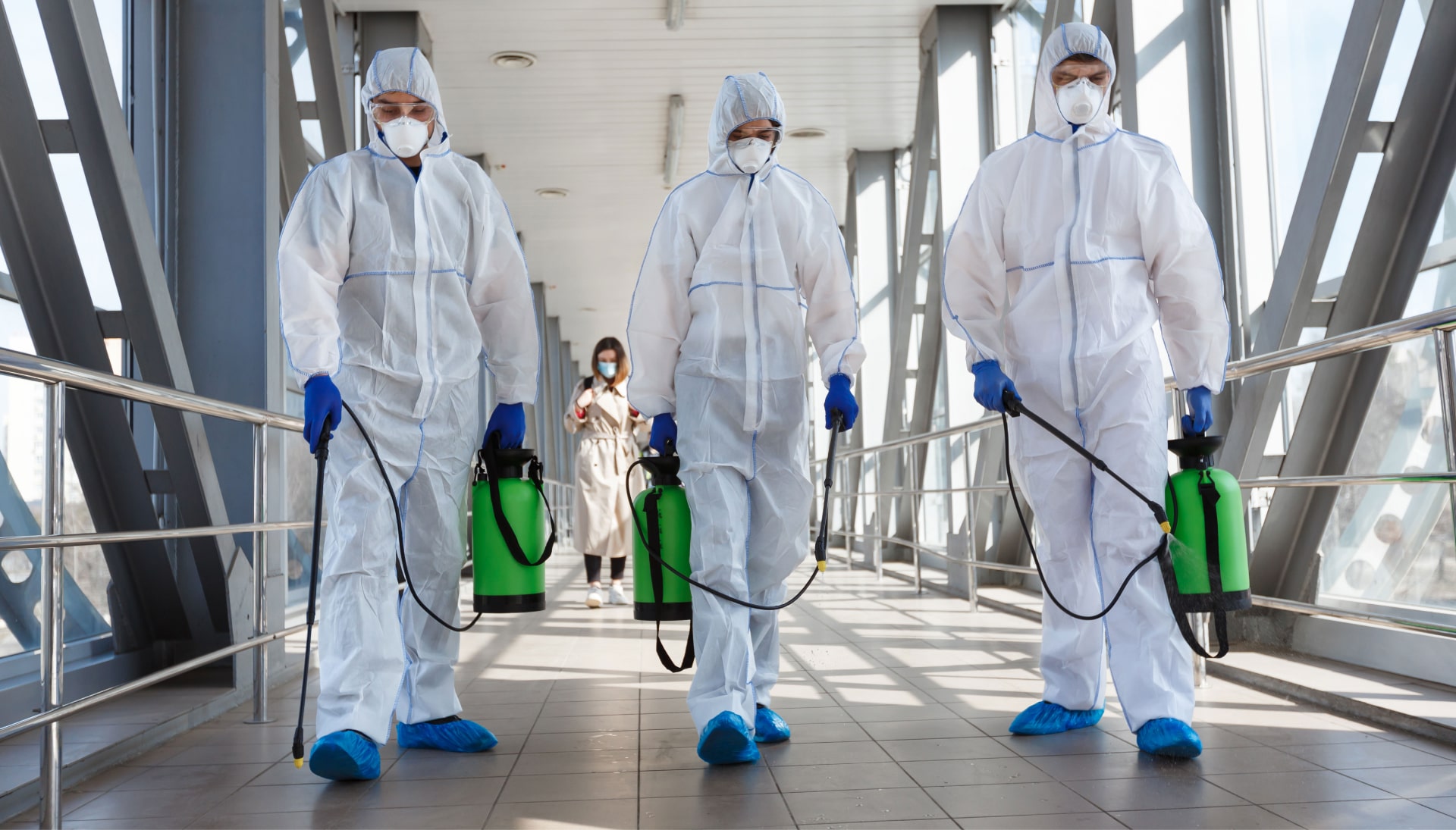
Testing Indoor Air Quality
The indoor air quality of your Miami property is extremely important for your health and wellness. Make sure your air is safe to breath.
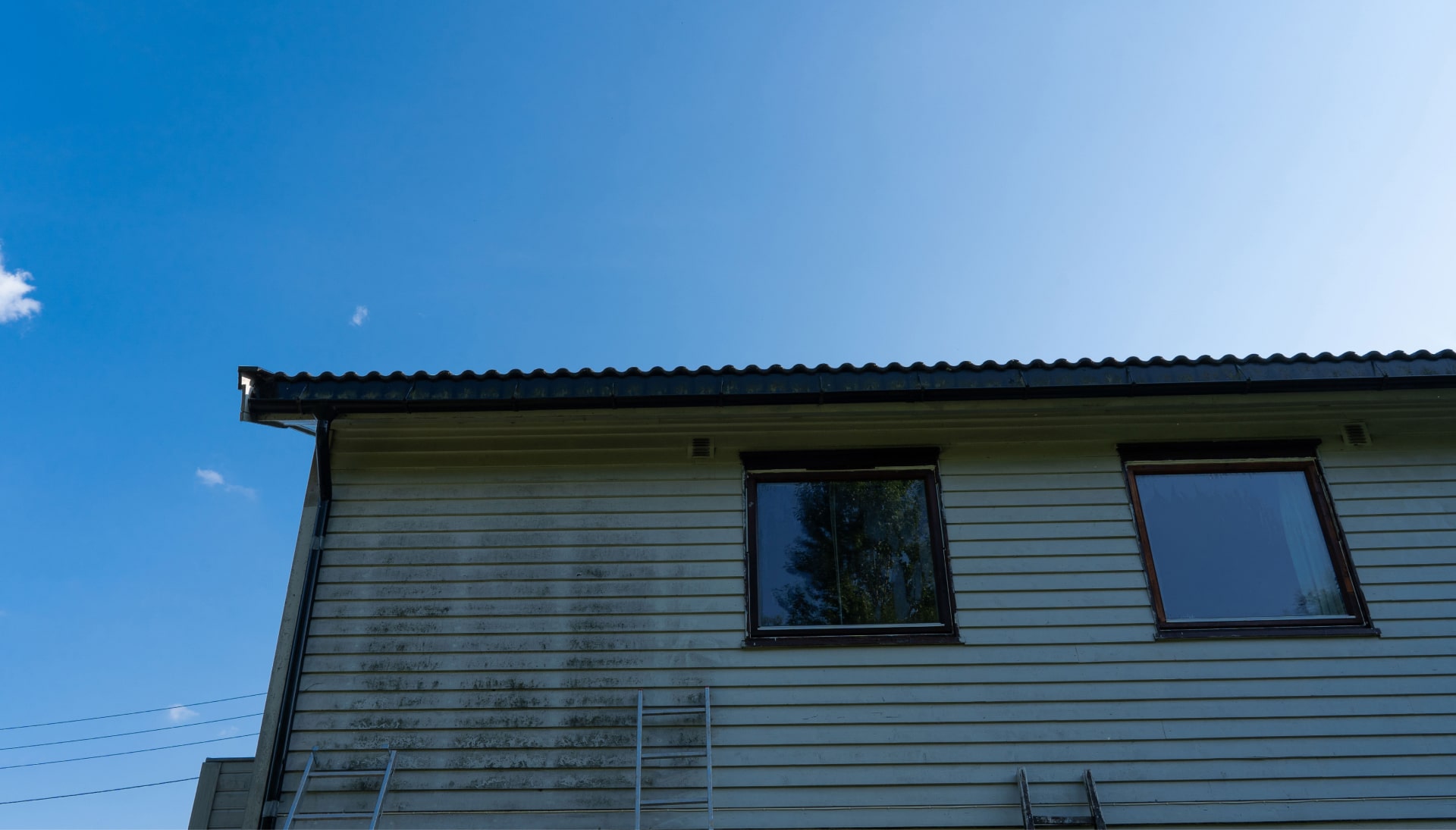
Residential Mold Removal Service
Since we have a skilled team with state-of-the-art equipment, we take pride in our Miami, Florida mold remediation services for residential spaces.
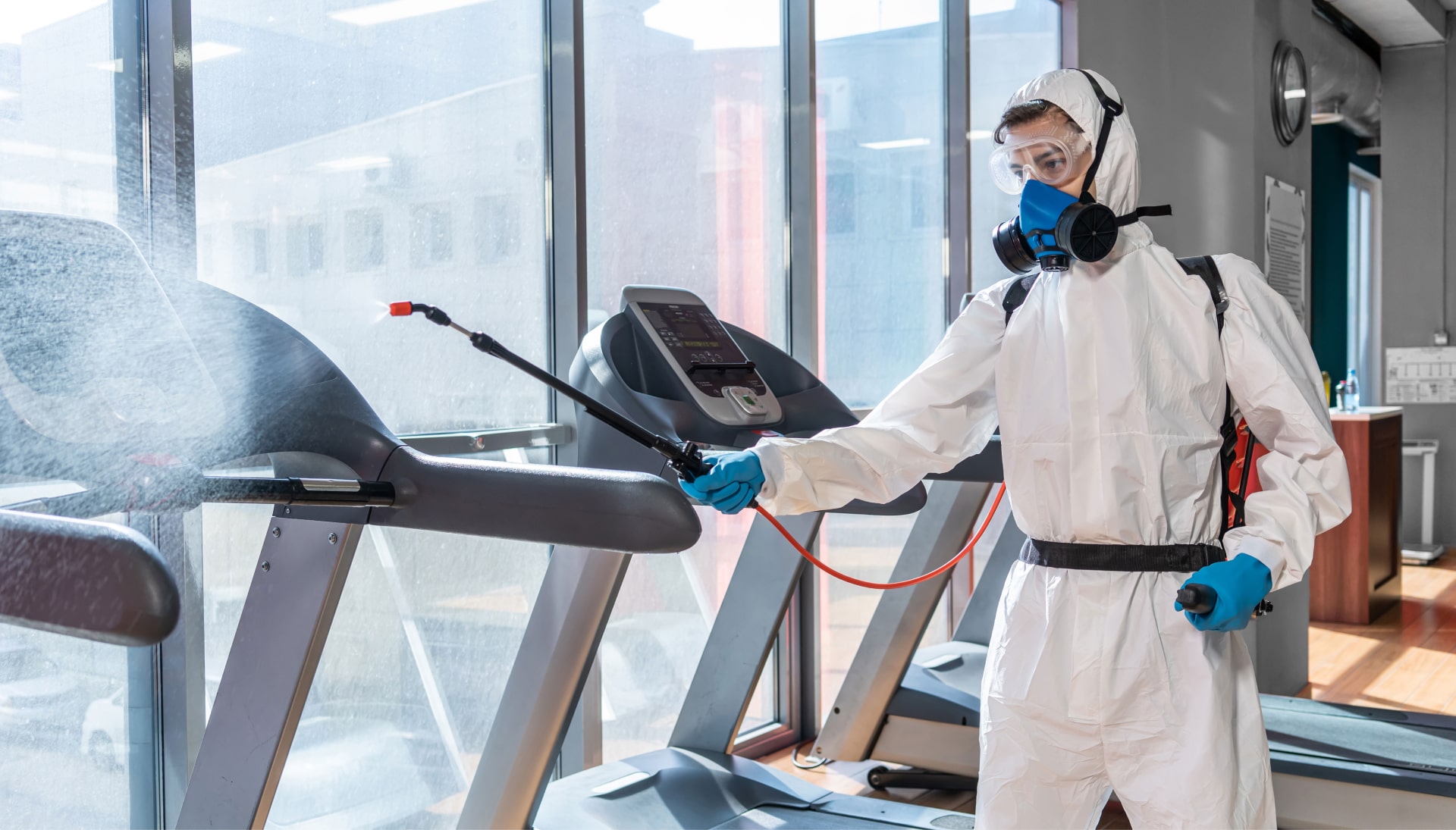
Commercial Mold Removal Service
People in a workplace should not be exposed to mold and mildew as it can affect their health negatively while creating an unhealthy environment. Contact us to ensure your Miami workplace is safe.
Is Mold Lurking in Your Home? Get a Professional Inspection
Mold growth in your home isn’t just unsightly; it can pose significant health risks and compromise the structural integrity of your property. Mold thrives in damp, poorly ventilated areas, often hidden from plain sight. A professional mold inspection is the first crucial step toward ensuring a healthy and safe living environment. If you suspect mold, or if you’ve experienced water damage, prompt action is essential.
Why Professional Mold Inspection is Necessary
- Identifying Hidden Mold: Mold often grows behind walls, under floors, and in other concealed areas. Trained inspectors have the tools and expertise to locate hidden mold colonies.
- Assessing the Extent of the Problem: A thorough inspection determines the severity of the mold infestation, helping to guide appropriate remediation strategies.
- Determining the Type of Mold: Different types of mold pose varying health risks. Professional testing identifies the specific species present, allowing for targeted and effective removal.
- Preventing Future Growth: Inspectors can identify the underlying moisture sources that contribute to mold growth and recommend solutions to prevent recurrence.
The Mold Inspection Process: What to Expect
- Visual Inspection: A trained inspector will conduct a comprehensive visual examination of your property, looking for visible signs of mold growth and water damage.
- Moisture Detection: Moisture meters and other tools are used to identify areas with elevated moisture levels, which can indicate potential mold problems.
- Air Sampling: Air samples are collected to detect airborne mold spores and assess the overall air quality in your home.
- Surface Sampling: Swab or tape samples may be taken from surfaces with suspected mold growth to identify the specific species present.
- Detailed Report: Following the inspection, you’ll receive a comprehensive report outlining the findings, including the type and extent of mold, potential sources of moisture, and recommendations for remediation.
Health Risks Associated with Mold Exposure
Exposure to mold can trigger a variety of health problems, particularly in individuals with allergies, asthma, or weakened immune systems. Common symptoms include:
- Respiratory problems, such as coughing, wheezing, and shortness of breath
- Allergic reactions, including skin rashes, sneezing, and watery eyes
- Headaches and fatigue
- Irritation of the eyes, nose, and throat
- In some cases, exposure to certain types of mold, such as black mold, can lead to more severe health issues.
What is Black Mold and Why is it a Concern?
Black mold, or *Stachybotrys chartarum*, is a type of mold that produces mycotoxins, which can be harmful to human health. While not all black mold is toxic, it’s important to take any black mold inspection seriously. Exposure to mycotoxins can lead to a range of health problems, including respiratory issues, neurological problems, and immune system suppression. A professional black mold inspection can determine if this dangerous mold is present in your home and recommend appropriate remediation measures.
Protect Your Home and Your Health: Schedule a Mold Inspection Today
Don’t wait until mold becomes a major problem. Early detection is key to preventing extensive damage and protecting your health. Contact a qualified mold inspection company to schedule an inspection and gain peace of mind. By addressing potential mold issues promptly, you can ensure a healthy and safe living environment for you and your family.
Mold Testing and Inspections
Understanding Residential Mold Inspection
Mold, a common household concern, thrives in damp environments and can pose risks to both property and health. A professional residential mold inspection is a crucial step in identifying and addressing potential mold issues within your home. This process involves a thorough assessment of your property to detect mold presence, determine its source, and evaluate the extent of the contamination.
Why is Mold Inspection Important?
Mold growth can occur unnoticed in hidden areas like behind walls, under flooring, or in poorly ventilated spaces. Early detection through a residential mold inspection can prevent minor mold problems from escalating into significant structural and health hazards. Undetected mold can compromise indoor air quality, trigger allergic reactions, and even lead to respiratory problems.
What to Expect During a Residential Mold Inspection
A qualified mold inspector will conduct a comprehensive visual examination of your home, paying close attention to areas prone to moisture. They may use specialized equipment such as moisture meters and thermal imaging cameras to identify hidden moisture sources and potential mold growth areas. Air and surface samples may also be collected for laboratory analysis to confirm mold presence and identify the specific mold species.
The Benefits of Professional Mold Inspection
- Accurate Mold Identification: Professional inspectors can accurately identify mold species, which is essential for effective remediation.
- Early Problem Detection: Inspections can reveal hidden mold growth before it causes significant damage or health problems.
- Prevention of Health Issues: Addressing mold issues promptly helps maintain healthy indoor air quality and reduces the risk of allergic reactions and respiratory issues.
- Protection of Property Value: Mold infestations can reduce property value; timely inspection and remediation can safeguard your investment.
Investing in a professional residential mold inspection provides peace of mind, knowing that your home is a safe and healthy environment for you and your family. If you suspect mold growth or have experienced water damage, scheduling an inspection is a proactive step towards protecting your property and well-being.
Mold TestingProtecting Your Business with Commercial Mold Inspection
Mold growth in a commercial property can lead to significant disruptions and health hazards. Identifying and addressing mold issues promptly is crucial for maintaining a safe and healthy environment for employees, customers, and visitors. Early detection through professional mold inspection minimizes potential damage and ensures compliance with health and safety regulations.
Undetected mold can spread rapidly, affecting indoor air quality and potentially causing respiratory problems, allergies, and other health issues. For businesses, this can result in decreased productivity, employee absenteeism, and even legal liabilities. Investing in routine commercial mold inspection is a proactive approach to safeguarding your assets and the well-being of everyone in your commercial space.
A thorough inspection typically involves a visual assessment of the property, moisture detection, and air sampling. Inspectors look for visible signs of mold, water damage, and conditions conducive to mold growth. Moisture meters are used to identify hidden moisture, and air samples are collected to determine the type and concentration of mold spores present. This detailed analysis provides a comprehensive understanding of the mold situation, enabling informed decisions on remediation strategies.
The benefits of professional inspection are manifold. Besides safeguarding health, it also protects the structural integrity of the building by identifying and addressing moisture issues early. This prevents costly repairs that can arise from prolonged exposure to moisture and mold. Further, it provides peace of mind, knowing that the indoor environment is safe and compliant with health standards.
Scheduling regular commercial mold inspection is a key element of responsible property management. Whether you own an office building, retail space, or industrial facility, a proactive approach to mold prevention is essential. It demonstrates a commitment to the health and safety of your occupants and the long-term viability of your business.
Mold InspectionsResidential Mold Removal Services
Protecting Your Home from Hidden Mold
Mold growth in your home can be more than just an eyesore; it poses potential health risks and can compromise the structural integrity of your property. Understanding where mold hides and how to identify it is crucial for maintaining a safe and healthy living environment.
Where Mold Thrives: Common Hidden Locations
Mold requires moisture and a food source to grow, making certain areas of your home particularly susceptible. These areas are often hidden from plain sight, allowing mold to flourish undetected.
- Behind Walls: Leaks from plumbing or roofs can saturate drywall, creating a perfect breeding ground for mold.
- Under Flooring: Spills, condensation, or inadequate ventilation can lead to mold growth beneath carpets, tiles, and wood floors.
- In Attics and Basements: Poor ventilation and humidity issues often make attics and basements prime locations for mold.
- Inside HVAC Systems: Condensation and dust accumulation in ductwork can foster mold growth, which can then circulate throughout your home.
- Around Windows and Doors: Leaky seals can allow moisture to penetrate, leading to mold growth around window and door frames.
The Importance of Hidden Mold Inspection
Detecting mold early is essential to prevent extensive damage and potential health problems. A thorough can identify hidden mold growth before it becomes a significant issue. Certified mold inspectors use specialized tools and techniques to assess moisture levels, detect mold spores, and identify the source of moisture that is fueling mold growth.
Here’s why a professional mold inspection is invaluable:
- Advanced Detection: Inspectors use moisture meters, thermal imaging, and air sampling to uncover hidden mold.
- Source Identification: They pinpoint the source of moisture causing the mold, preventing recurrence after remediation.
- Comprehensive Assessment: Inspections provide a detailed report outlining the extent of the mold problem and recommended remediation steps.
- Health Protection: Early detection minimizes exposure to mold spores, protecting your family’s health.
What to Expect During a Mold Inspection
A typical mold inspection involves a visual assessment of your property, followed by the use of specialized equipment to detect hidden moisture and mold growth. Air samples may be collected to determine the type and concentration of mold spores present in your home. The inspector will then provide a detailed report outlining their findings and recommendations for remediation.
Taking Action: Mold Remediation
If a reveals mold growth, prompt remediation is crucial. Mold remediation involves removing the mold, addressing the source of moisture, and implementing preventative measures to prevent future growth. It’s essential to hire certified mold remediation professionals to ensure the job is done safely and effectively.
Protect your home and your health by proactively addressing potential mold issues. Regular inspections and prompt remediation can help maintain a healthy and safe living environment.
Residential Mold Removal Services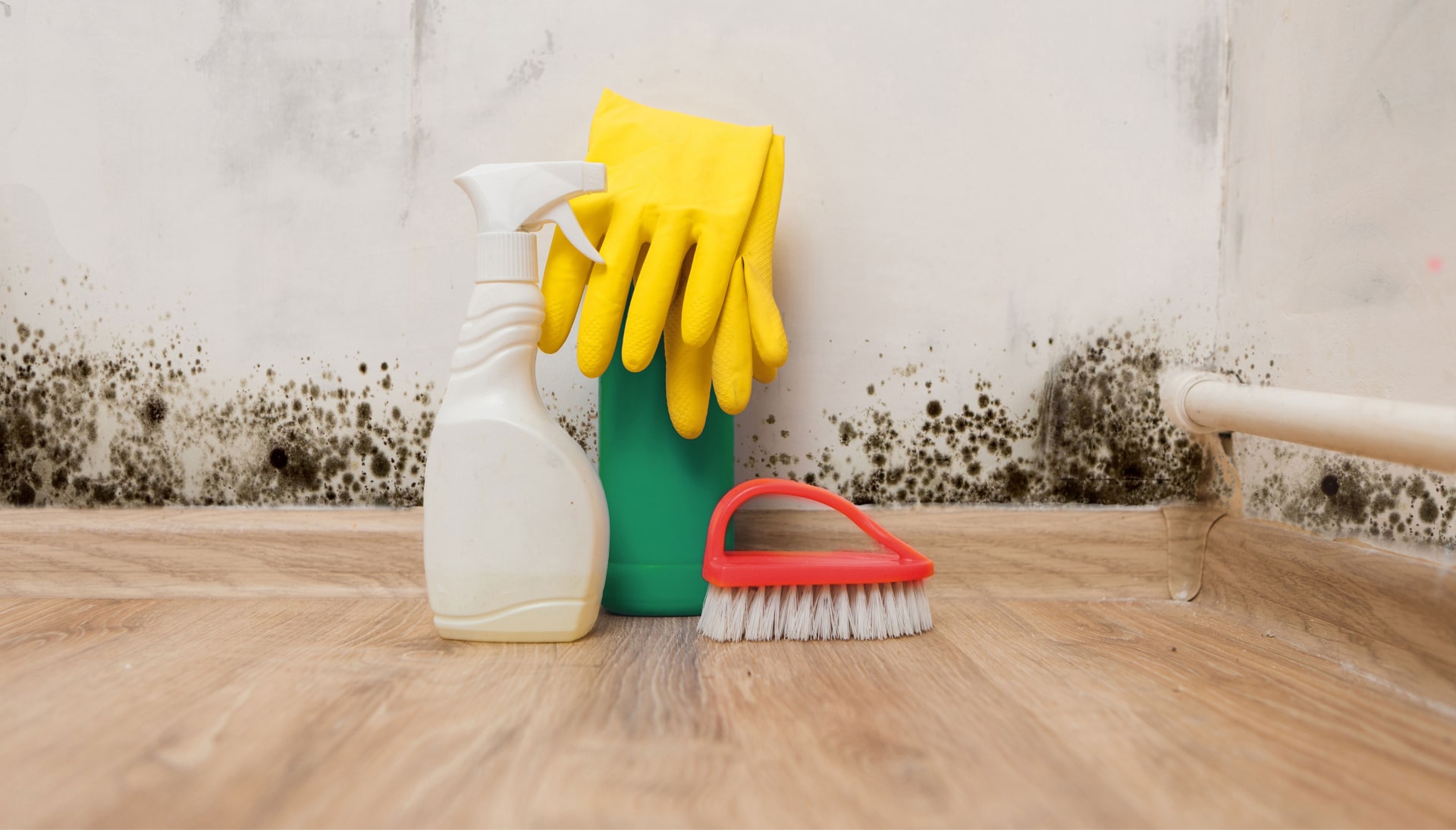
Commercial Mold Removal Services
Protect Your Home with Expert Mold Inspection Services
Mold growth can be a silent threat to your property and health. Undetected, it can cause structural damage to your home and trigger allergic reactions, asthma, and other respiratory issues. Our certified mold inspection services offer a comprehensive assessment of your property to identify potential mold problems early.
Why Choose Professional Mold Inspection?
A professional mold inspection provides a thorough and accurate evaluation that goes beyond what you can see. Here’s why it’s a crucial step for maintaining a healthy home:
- Advanced Detection: We use specialized equipment, like moisture meters and thermal imaging cameras, to detect hidden mold growth behind walls, under floors, and in other hard-to-reach areas.
- Accurate Identification: Our experts can identify the specific types of mold present in your home. This is important because some molds are more toxic than others and require different remediation strategies.
- Prevention of Further Damage: Early detection can prevent extensive and costly damage to your property. Mold can weaken wood, drywall, and other building materials over time.
- Health Protection: Mold exposure can lead to various health problems, especially for individuals with allergies, asthma, or compromised immune systems. A mold inspection helps ensure a safe and healthy living environment.
Our Mold Inspection Process
Our comprehensive mold inspection process is designed to provide you with a clear understanding of the mold situation in your home:
- Visual Inspection: We begin with a visual assessment of your property, looking for visible signs of mold growth, water damage, and areas of high humidity.
- Moisture Mapping: Using moisture meters, we identify areas with elevated moisture levels, which can indicate potential mold growth.
- Thermal Imaging: Thermal imaging cameras help us detect temperature differences that may indicate hidden moisture or mold behind walls and ceilings.
- Air and Surface Sampling: We collect air and surface samples to identify the types and concentrations of mold spores present in your home. These samples are analyzed by an independent laboratory.
- Detailed Report: You will receive a detailed report outlining our findings, including the types of mold identified, the extent of the contamination, and recommendations for remediation.
When Do You Need an Emergency Mold Inspection?
Certain situations require immediate attention to prevent further damage and health risks. Consider an Emergency Mold Inspection if:
- You experience a water leak or flood in your home.
- You notice a musty odor or visible mold growth.
- You or your family members experience unexplained health symptoms, such as allergies, respiratory problems, or skin irritation.
- You are buying or selling a property and want to ensure it is free from mold.
Don’t let mold compromise your home and health. Contact us today for a professional mold inspection and take the first step toward a safer living environment.
Commercial Mold Removal Services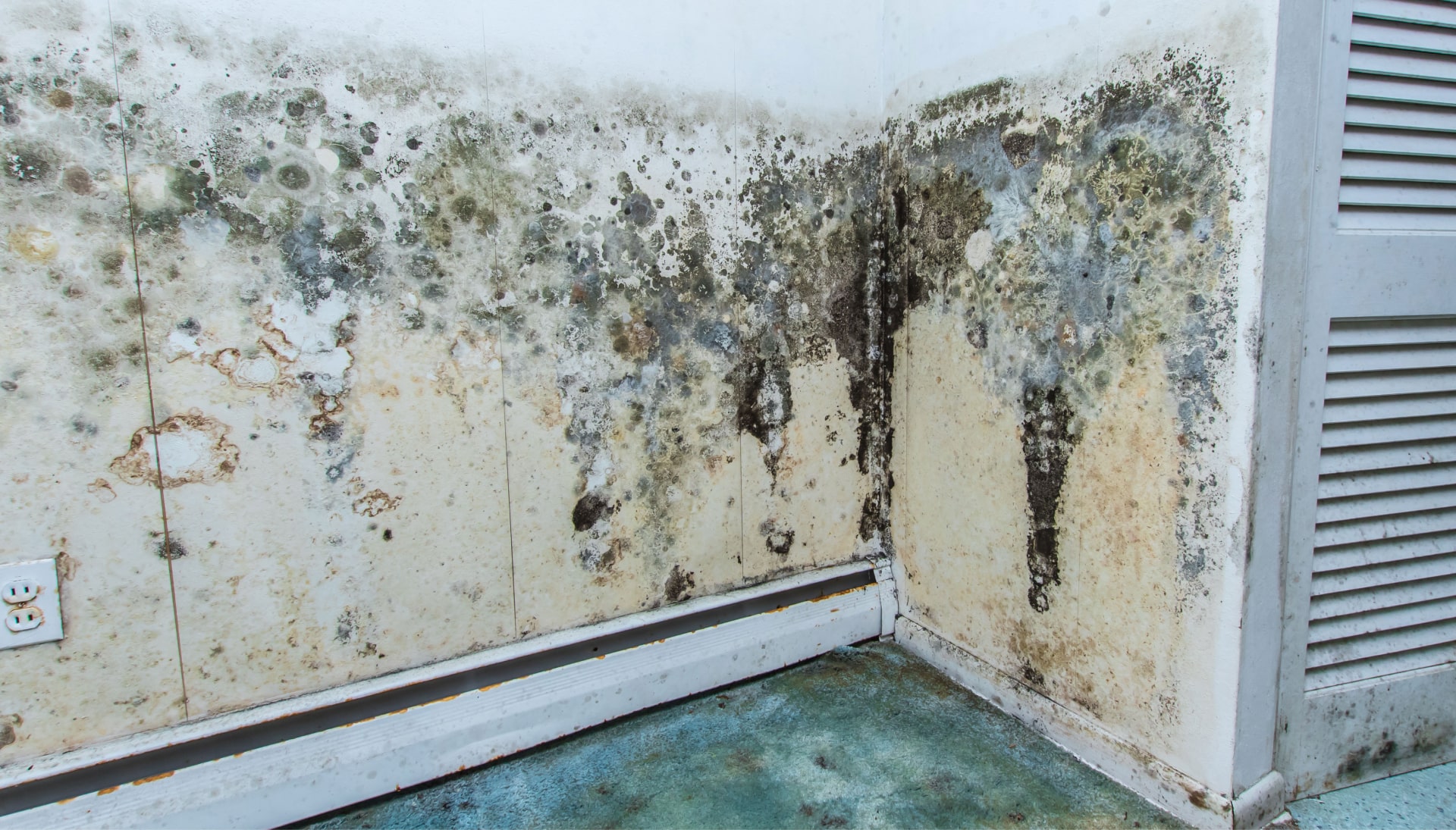
Protecting Your Home from Mold: A Comprehensive Guide
Mold can be more than just an eyesore; it can pose serious health risks and compromise the structural integrity of your home. Understanding the causes of mold growth, identifying its presence, and taking swift action to remediate it are essential steps in maintaining a healthy and safe living environment. This guide provides valuable insights into mold inspection, remediation, and prevention.
Understanding Mold and Its Dangers
Mold is a type of fungus that thrives in moist environments. It reproduces by releasing tiny spores into the air, which can then land on surfaces and grow if the conditions are right. Common causes of mold growth include leaks, high humidity, poor ventilation, and flooding. While some molds are harmless, others can trigger allergic reactions, asthma symptoms, and other respiratory problems. Prolonged exposure to certain types of mold can even lead to more severe health issues.
Furthermore, mold can damage building materials such as drywall, wood, and insulation, leading to costly repairs if left unchecked.
Identifying Mold: Signs and Symptoms
Detecting mold early is crucial to preventing extensive damage and health problems. Here are some common signs that may indicate a mold infestation:
- Visible mold growth on walls, ceilings, or other surfaces
- A musty or earthy odor
- Water stains or discoloration
- Peeling or bubbling paint or wallpaper
- Allergic symptoms such as sneezing, coughing, and skin rashes
If you notice any of these signs, it’s important to investigate further and take appropriate action.
The Importance of Professional Mold Inspection
While you may be able to identify visible mold, a professional mold inspection can help uncover hidden mold growth and determine the extent of the problem. Certified mold inspectors have the knowledge and equipment to thoroughly assess your property, identify the source of moisture, and collect samples for laboratory testing. This information is essential for developing an effective remediation plan.
During a mold inspection, the inspector will typically:
- Conduct a visual examination of your property
- Use moisture meters and other tools to detect hidden moisture
- Collect air and surface samples for laboratory analysis
- Identify the types of mold present
- Provide a detailed report with findings and recommendations
Investing in a professional mold inspection can save you time, money, and potential health problems in the long run.
Attic Mold Inspection: A Specific Concern
The attic is a particularly vulnerable area for mold growth due to its potential for poor ventilation and temperature fluctuations. Leaks in the roof, condensation, and inadequate insulation can create the perfect environment for mold to thrive. An attic mold inspection is crucial for identifying and addressing mold issues before they spread to other parts of your home.
When inspecting an attic for mold, professionals will pay close attention to:
- Roof leaks and water stains
- Insulation condition and coverage
- Ventilation adequacy
- Evidence of condensation
- Visible mold growth on wood and other materials
Mold Remediation: Restoring a Healthy Environment
Once mold has been identified, it’s important to take swift action to remediate the problem. Mold remediation involves removing the mold, addressing the source of moisture, and preventing future growth. Depending on the extent of the infestation, you may be able to handle small mold problems yourself. However, for larger infestations or areas with extensive water damage, it’s best to hire a qualified mold remediation contractor.
A professional mold remediation company will typically:
- Contain the affected area to prevent the spread of mold spores
- Remove and dispose of mold-contaminated materials
- Clean and disinfect surfaces
- Address the source of moisture
- Dry the affected area thoroughly
- Conduct post-remediation testing to ensure the mold has been effectively removed
Remember, proper mold remediation is essential to protect your health and prevent future mold growth.
Preventing Mold: Proactive Measures
The best way to deal with mold is to prevent it from growing in the first place. Here are some proactive measures you can take to minimize the risk of mold infestation:
- Control humidity levels in your home by using dehumidifiers and air conditioners
- Ensure proper ventilation in bathrooms, kitchens, and attics
- Fix leaks promptly
- Clean up spills immediately
- Maintain good air circulation
- Consider mold-resistant building materials
By taking these steps, you can create a less favorable environment for mold growth and protect your home from damage and health risks.
Protecting your home from mold requires vigilance, knowledge, and prompt action. By understanding the causes of mold growth, identifying its presence, and taking appropriate steps to remediate and prevent it, you can maintain a healthy and safe living environment for you and your family.